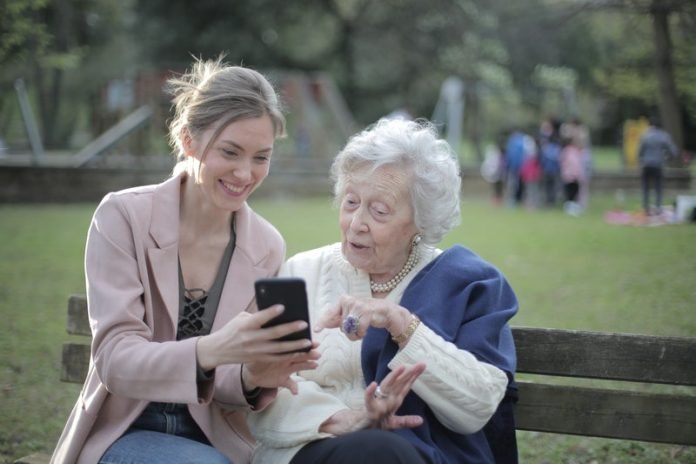
In a new study, researchers found performing acts of kindness and helping other people can be good for people’s health and well-being.
But not all good-hearted behavior is equally beneficial to the giver.
The strength of the link depends on many factors, including the type of kindness, the definition of well-being, and the giver’s age, gender, and other factors.
The research was conducted by a team at the University of Hong Kong.
Prosocial behavior—altruism, cooperation, trust, and compassion—are all necessary ingredients of a harmonious and well-functioning society.
It is part of the shared culture of humankind, and this study shows that it also contributes to mental and physical health.
Previous studies have suggested that people who engage in more prosocial behavior are happier and have better mental and physical health than those who don’t spend as much time helping others.
However, not all studies have found evidence for that link, and the strength of the connection varies widely in the research literature.
To better understand what drives that variation, the team performed a review of 201 independent studies, comprising 198,213 total participants, that looked at the connection between prosocial behavior and well-being.
Overall, they found that there was a modest link between the two. Although the effect size was small, it is still meaningful, given how many people perform acts of kindness every day.
Digging deeper into the research, the team found that random acts of kindness, such as helping an older neighbor carry groceries, were more strongly linked to overall well-being than formal prosocial behavior, such as scheduled volunteering for a charity.
That may be because informal helping is more casual and spontaneous and may more easily lead to forming social connections. Informal giving is also more varied and less likely to become stale or monotonous.
The researchers also found a stronger link between kindness and what is known as eudaimonic well-being (which focuses on self-actualization, realizing one’s potential, and finding meaning in life), than between kindness and hedonic well-being (which refers to happiness and positive feelings).
The effects varied by age. Younger givers reported higher levels of overall well-being, eudaimonic well-being, and psychological functioning, while older givers reported higher levels of physical health.
Also, women showed stronger links between prosociality and several measures of well-being compared with men—perhaps because women are stereotypically expected to be more caring and giving, and thus derive a stronger sense of good feelings for acting in accordance with those social norms, according to the study.
Finally, the researchers found that studies that were specifically designed to measure the connection between prosociality and well-being showed a stronger link between the two than studies that analyzed data from other large surveys not specifically designed to study the topic.
One author of the study is Bryant P.H. Hui, PhD, a research assistant professor.
The study is published in Psychological Bulletin.
Copyright © 2020 Knowridge Science Report. All rights reserved.



